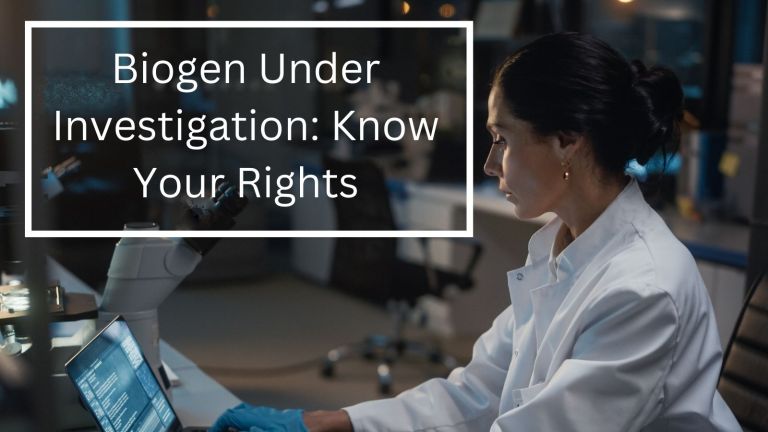Article by John Peterson, Managing Attorney, FBR.
By now, a lot of people have heard about the SEC’s whistleblower awards program: If you report a company, you can get 10-30% of the fine that the SEC recovers. But there are still some less obvious aspects of the program that people don’t know about which are equally as important.
Here we give you the Top 5 things people don’t know about the SEC Whistleblower Program.
1. People Involved In the Wrongdoing Can Still Get An Award
People who are involved in wrongdoing often think that they are not eligible for an award, but this is incorrect. The SEC is only allowed to reduce the amount paid to a whistleblower if they are involved in the wrongdoing. For example, in an order issued in 2018 the SEC made a 20% payout to a whistleblower who had been involved in the misconduct.
However, while a whistleblower involved in the misconduct might be get an award, it doesn’t give them immunity from prosecution. That’s why if you were involved in wrongdoing that you wish to report, it’s important that you speak to an attorney before submitting any information.
2. You Can Blow the Whistle On A Company Even If They Are Already Under Investigation
Most people think that if the SEC is already investigating a company, it’s too late to become a whistleblower, but this isn’t true. Even when a company is already under investigation, you can still receive an award for providing information which helps the SEC. This was demonstrated when the SEC paid a whistleblower $3.5 million for providing information in an ongoing investigation. The SEC noted that while the investigation was ongoing when they received the information from the whistleblower, it helped strengthen their case against the company.
3. You Don’t Need To Provide Evidence In Your Submission
While providing evidence can be be helpful in getting your tip noticed, it is certainly not a requirement for getting an award. In fact, the SEC does not want submissions packed with documents that they will have to sift through to figure out if the allegations merit an investigation. What the SEC wants are allegations that are specific. The SEC has powers to force companies to turn over documents and so what is equally as useful as giving documents is telling the SEC where to find them.
For example, if you know that a person was hired because they were related to a foreign government official (a potential bribery issue), it would be just as helpful to provide details on where the documents are, rather than trying to gather them yourself. This lets the SEC know where they need to look to find the evidence of the wrongdoing.
4. You Can Give Information to the SEC Even If You Have Signed A Non-Disclosure Agreement
More and more, people joining companies are required to sign Non-Disclosure Agreements (NDAs) that include threatening language telling employees they are forbidden from giving information or documents to people outside of the company. First and foremost, whatever NDA you may have signed, it cannot prohibit you from speaking to an attorney. Second, it is actually illegal for your employer to make you sign an NDA that tries to stop you from reporting information to the SEC. As the SEC has publicly stated, any company trying to stop an employee submitting a tip could face prosecution. So if you have an NDA that you are worried about, just make sure to flag it for your lawyer when you are preparing your submission, but it shouldn’t be something you will have to worry about.
5. You Don’t Have To Wait Years For A Payout
Probably the one thing people criticize about the SEC Whistleblower program is the length of time it takes between submitting information and receiving an award. However, there are a number of litigation finance companies that are able to provide loans to whistleblowers who expect to receive a payout. As recently reported in the Wall Street Journal, one claimant was able to borrow $1 million dollars while awaiting his payout. If you are a whistleblower who wants to work with a litigation financer, it is very important that you have your submission prepared by an attorney.
At FBR, we know that our clients often need financial security when becoming a whistleblower and that’s why we work closely with litigation financers to figure out ways to ensure our clients have financial security during the whistleblower process. This means a whistleblower can receive funds in months, rather than years, and enjoy the peace of mind that comes with financial security when pursuing their claim. If you’d like to speak to us about submitting a claim or learn more about funding for whistleblowers don’t hesitate to contact us.

















